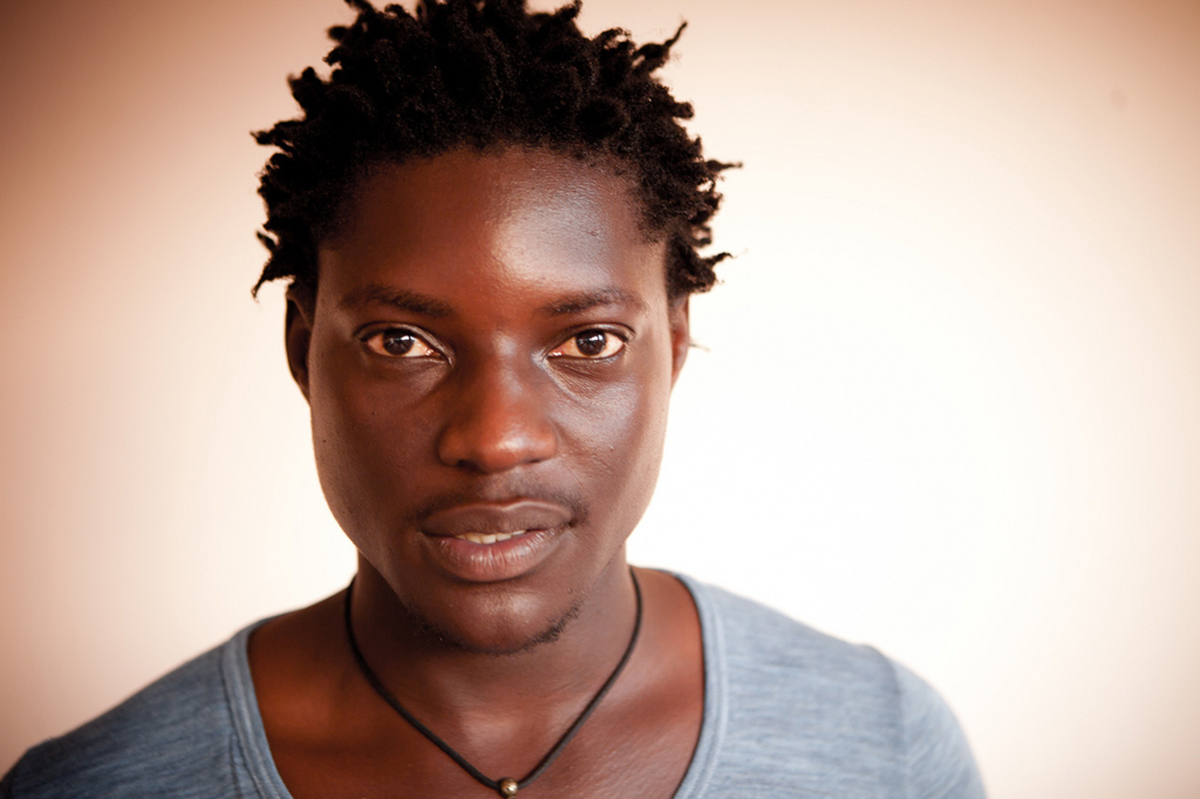Table of Contents
I suspect my teen. How can I prove it?
If you suspect your teen is using drugs, there are a number of methods you can use to try and establish if you are correct.
- Check your teen's room:- Teens hide things they don't want their parents to find everywhere: tucked under their mattress, rolled up in their socks, hidden in the pockets of the clothes at the back of their wardrobe, and under their dresser. Another potential sign of drug use is if a teenager who has always had a room that stinks like a sweaty sock suddenly has a room that smells of incense, bleach, and scented air-freshener: this could be a sign your child is attempting to cover the smell of smoking drugs. Searching your child's room is morally-grey, however, so it's up to you if you want to pursue it.
- Examine your child:- Get your child to look into your eyes under any pretext. Do they have bloodshot eyes? Do they refuse? Ask them questions: do they give short "yes"/"no" answers? This may be a sign that they are trying to avoid long conversations where you may detect slurred speech. Are they losing weight? Are meals being left uneaten by a previously healthy eater? Do they look pale and ill?
- Check their school attendance record:- If you pack your teen off to school with a lunch and a wave goodbye and they never show, this could be a sign they're on drugs. Either way, skipping school needs following-up.
- Check your child's vehicle:- Rather like checking your teen's room, this can be morally-grey, but is worth knowing if you're a desperate parent whose child may be on drugs. Check it when your child has been out with their friends. Open the door: is their a strange, pungent odour? Look at the floor: can you see little flakes of green leaf-like substances on the floor? These are signs of marijuana use. Examine their CDs, dashboard or any mirrored surface for traces of white powder.
- Talk to your child:- Many parents don't consider this option, but every parent should try to talk to their teenager if they suspect they are on drugs. The rules are as follows:

- Wait until the teen is lucid:- There is no point in attempting to carry out a serious conversation with a child who you suspect, by their glassy eyes and general demeanour, is high.
- Be calm:- You are understandably frustrated. But your teen will only retreat into themselves if you show it. Your best chance of a full dialogue is to show your love and support
- Ask open ended questions: What do you hope to achieve by shouting, "You're on drugs, aren't you? Just tell me. Tell me. Tell me." Try to get a dialogue going. Your teen is most likely to respond to non-judgmental questions, such as "How do you feel about...?", "What do you think about...?", "How would you deal with situations where...?"
- Don't punish:- If your child reveals that they have used/are using drugs, never punish them. All this will do is reinforce secretive behaviour. You will have time in future to try and change their habit, but, for now just say "Thank you for being honest with me".
What Can I Do For My Drug Addicted Teen?
Any drug addicted teen needs professional treatment, no ifs or buts. Your first step is to book your teen in with a therapist who specialises in teenage addiction. Your teen must understand that you're getting them help, for their benefit. Have a talk about some benefits of not being addicted to drugs, in the hope that they will agree to treatment.
If, however, your teen still doesn't see the myriad benefits of not being addicted to drugs and agree to go into treatment, you have to make the decision for them, explaining that, as their parent, you are responsible for his or her safety.
In the UK, you have to take your child to your GP, who will assess your teen and decide if your teen is more suited to in-patient or out-patient treatment, before making a referral. In the US, you can approach a specialist directly, either through the Find a Physician feature of the American Society of Addiction Medicine; or through the Child and Adolescent Psychiatrist Finder of the American Academy of Child and Adolescent Psychiatry. Medication, as well as inpatient or outpatient treatment, may be required to give your teen the best chance of recovery.
However, no matter what method is best for your teen's treatment - inpatient or out-, with medication or not - the most important thing your teen can have throughout the whole process is your love and support.
It can be terribly frightening to know your child is using drugs, but with therapeutic support, parental love, and good treatment, there is every chance that your child can be cured of the insidious disease of addiction.
- www.drphil.com/articles/article/294
- www.drugabuse.gov/related-topics/treatment/what-to-do-if-your-teen-or-young-adult-has-problem-drugs
- ncadd.org/about-addiction/signs-and-symptoms/what-to-look-for-signs-and-symptoms
- www.netdoctor.co.uk/ask-the-expert/pregnancy-and-family/a9632/how-can-i-tell-if-my-daughters-taking-drugs
- psychcentral.com/blog/archives/2013/05/02/how-to-talk-to-your-kids-when-you-think-theyre-using-drugs
- www.saynotodrugs.org.uk/reasons-not-to-take-drugs
- Photo courtesy of dfataustralianaid: www.flickr.com/photos/dfataustralianaid/10701445183/
- Photo courtesy of kk: www.flickr.com/photos/kk/5619700053/
- Infographic by SteadyHealth
- Infographic by SteadyHealth


Your thoughts on this